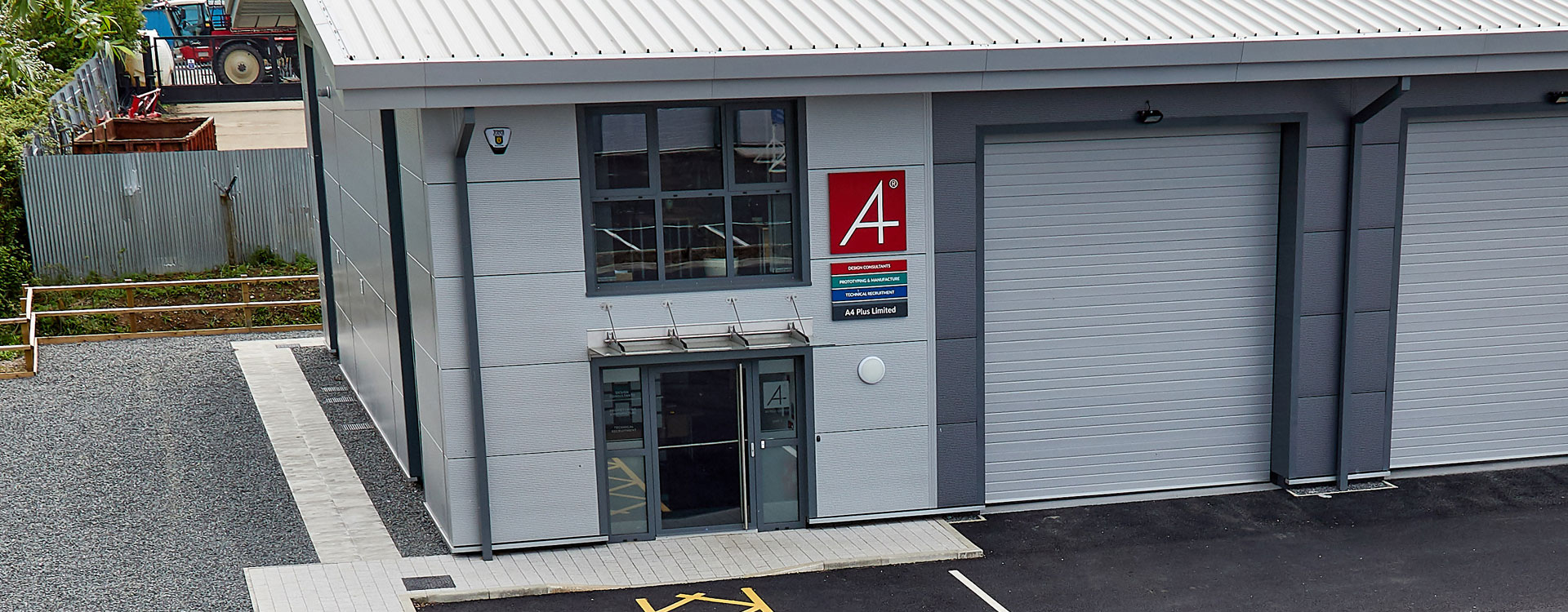

What CAD Skills Are Required For Today’s Job Market
CAD (Computer Aided Design) has been at the centre of engineering design and development for many years – providing engineers with more than just an electronic drawing board since the mid 1970s.
The benefits of CAD to many organisations, both large and small, is well documented. CAD packages are becoming increasingly sophisticated and intuitive to operate and companies are squeezing every ounce of benefit from the many hours their design engineers are behind the screen – from design analysis to creative marketing renders and animations.
Clearly, it doesn’t just stop at the 3D CAD engineering model stage. So, just how do you make sure you’ve got the right CAD skills?


Well, firstly….
There’s a certain set of skills you’ll need for any CAD job. Pretty obviously, but worth just saying, is to ensure proficiency in at least one of the popular mid-range CAD programs. The big guns here, in terms of CAD programs each have a price tag but there are a number of low-cost, or even free, packages which you may decide to look at. It may not be a show-stopper if the employers business uses a package you’re unfamiliar with on account that the CAD skills you have are reasonably transferable from one package to another. And, inevitably, training will be provided by the employer. Picking-up on the commands in an unfamiliar CAD program will be easier and quicker (and therefore inevitably cheaper!) than if you’re a complete novice. Knowing general modelling and drafting techniques, the stronger the better, is key.
Let’s not forget the basics
Maths and general IT ability are high on the list. Along with this will be communication and generally dealing with people like; fellow workers, customers and suppliers. Job/project management (no matter how basic – like ensuring you’ll get the job completed by the deadline), ability to handle criticism and admitting mistakes (drawing mark-ups during the quality checking process) and keeping as up-to-date as you can with the software updates that all the major CAD vendors dish out on a yearly basis. Self-discipline, working alone, self-questioning, looking at problems in a variety of ways and being self-critical are all valuable skills to have. Maybe, above all is to have an eye for detail.
OK – so what else?
Experience? Well, the right kind of experience is better – maybe specific to the employers industry or sub-industry. Specific, focused experience can be a help too for some positions. College degrees aren’t always needed but do no harm in keeping you ahead of another candidate who isn’t able to demonstrate measurable skills and training. Practical experience is excellent too – we believe this is vital in making a better CAD engineer. So, if it’s helping out Dad with the shed wiring, laying the patio, tiling the bathroom or simply putting up a shelf – it all helps. We say “cutting metal”. Machining, no matter how basic helps – think back to your school days. Have you done any carpentry or welded before?
….And back to CAD
OK, so there will be occasions when just the engineering CAD model will do – and that can be sent straight out for manufacture without the need for the traditional manufacturing drawings. But what about checking parts once they’ve been made? The very least here will be the need to create a simplistic 2D quality checking drawing perhaps showing overall dimensions and tricky / important part feature areas. Making sure you can draft is therefore vital. Have you got the ability to impose and check simple manufacturing tolerances or more complex geometrical tolerances? Can you draw in First or Third Angle Projection? Can you look over a drawing (yours or A.N.Others) and check all the dimensions are there to enable manufacture or assembly build?
If you continue working on your CAD skills and staying ahead of the curve you’ll be trusted with the more complex projects and shared team goals. This will allow you to gain an edge on the job market, helping you stand out from others applying for the same jobs. However, it could also help you climb the ladder within a business, going from Junior Engineer, to Senior Engineer to Project Manager in a short length of time.




